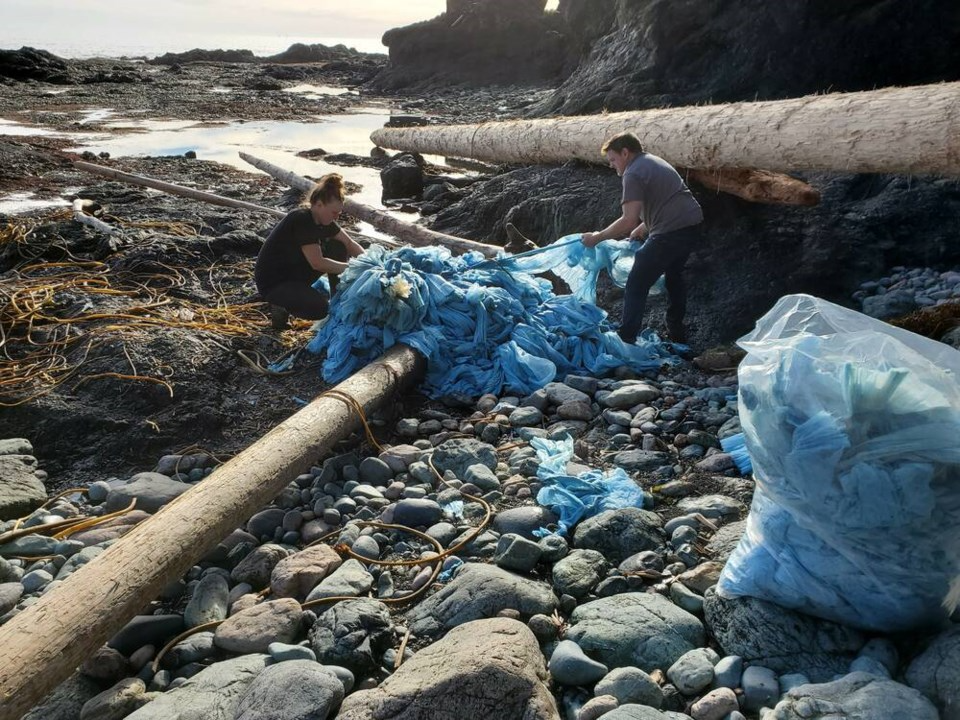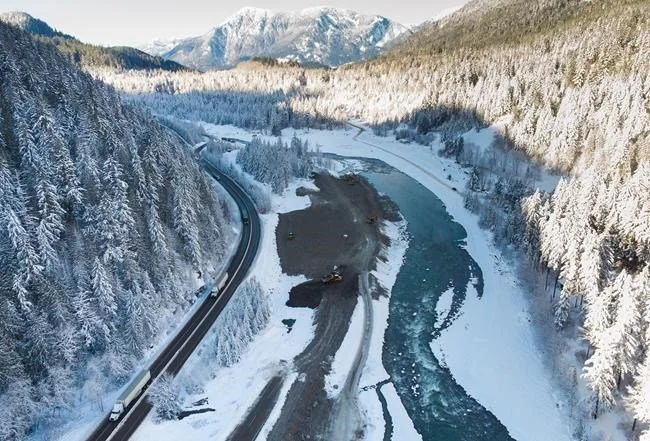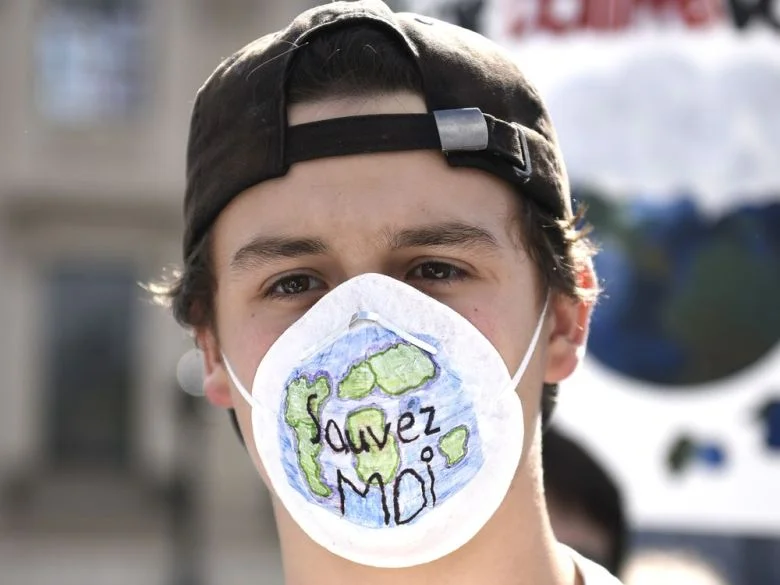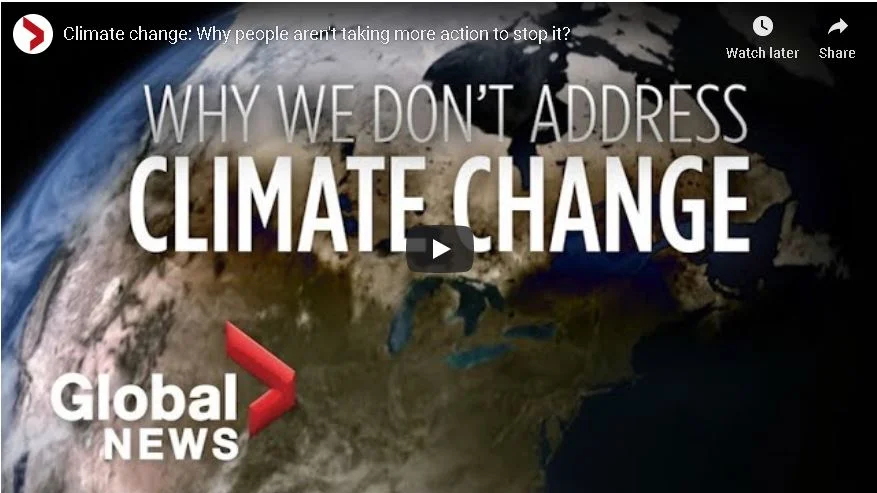But in a groundbreaking mission to mitigate the global water crisis without further contributing to carbon emissions, a Canadian company, Oneka Technologies, is pioneering an innovative approach to desalination. The Quebec-based startup has developed an avant-garde solution that harnesses the boundless energy of the ocean waves to convert saltwater into fresh, drinkable water. Oneka Technologies’ floating desalination units, anchored securely to the ocean floor, utilize a membrane-based system, known as reverse osmosis, to purify seawater. The process is elegantly simple: wave energy is converted into mechanical energy, powering pumps that draw in seawater and push a portion through a semipermeable membrane to filter out the salt. The result is clean, potable water delivered to shore through pipelines, propelled by the very force that generated it: the undulating waves of the sea. “Oneka's technology is 100% mechanically driven," Hunt told the BBC, underscoring the zero-electricity operation of their machines. Such innovation represents a seismic shift towards sustainability in desalination practices.
Vancouver conference tackles water supply issues amid drought, population growth
Water is life, water is food, leave no one behind. That’s the theme of a conference taking place in Vancouver Monday that brings together experts and policymakers to tackle water scarcity, and to find ways to protect this vital resource as the planet heats up from global warming. UBC, SFU and the UN’s Food and Agricultural Organization are hosting the official North America World Food Day event at the Morris J. Wosk Centre for Dialogue.
Letter: Sewage Lagoons for Dawson?
Sewage Lagoons for Dawson? It appears the Yukon government is pushing forward with building sewage lagoons to replace the failed sewage treatment plant they built not too long ago. I believe they chose sewage lagoons as they are typically cost effective to build and operate and do work in Canada’s far north. What I don’t believe is that they have put much in the way of thought into this decision and have not done all the appropriate “due diligence” that should be done when determining “best options”.
Climate change causing more frequent warm winter temperatures: extreme weather expert
Climate change is causing mild winter temperatures to become more frequent across the country, one extreme weather expert says. Parts of southern Ontario have seen unseasonably warm temperatures and rainfall warnings in recent days, with some local conservation authorities warning the public to stay away from waterways as water levels are expected to rise due to rain and melting snow.
What one region's water level woes reveal about climate change and the St. Lawrence River
Strolling along the shore of his home on Ault Island, about 30 minutes west of Cornwall, Ont., Cliff Steinburg points to the end of his dock. He says this summer there was less than a foot of water there, making it impossible to launch a boat. While the river has since stabilized, Steinburg worries what next year will bring to a region known for its fishing, beaches, and boating. "This area cannot go through another season like we did," Steinburg said. "It's going to have a major effect on tourism. It's going to have a major effect on all of us living here."
Iconic glaciers of Kilimanjaro, Yellowstone to disappear by 2050 due to global warming: UN
Some of the world's most famous glaciers, including in the Dolomites in Italy, the Yosemite and Yellowstone parks in the United States, and Mount Kilimanjaro in Tanzania are set to disappear by 2050 due to global warming — whatever the temperature rise scenario, according to a UNESCO report. UNESCO, the United Nations cultural agency, monitors some 18,600 glaciers across 50 of its World Heritage sites and said that glaciers in one-third of World Heritage sites will disappear by 2050 regardless of the applied climate scenario.
Ecohesion joins Integrated Sustainability to export Caribbean innovation in circular water, waste, and energy solutions
Integrated Sustainability, Canada, acquires Ecohesion Ltd, Barbados, effective September 1st, 2022. Climate sensitivity in the Caribbean necessitates inventive solutions now. The merger between our two purpose-driven companies facilitates faster technology exchange between regions and consolidates our endeavours to deliver conscientious water, waste, and energy solutions.
Study suggests climate change made B.C. floods at least twice as likely
Catastrophic floods that swamped much of southern British Columbia last fall were at least twice as likely because of climate change, suggests new research from Environment Canada. The study, now undergoing peer review, concludes that the likelihood of similar events in the future will only increase as global warming continues to upend normal weather patterns. "We do find substantial ongoing increases in the probability of these kinds of events," said Nathan Gillett, an atmospheric physicist and manager of the Canadian Centre for Climate Modelling and Analysis.
Province, Ducks Unlimited create strategies to protect wetlands
With global warming, the B.C. government is looking for ways to protect watersheds. On Tuesday, the province released its Watershed Security Strategy, which includes advice from Ducks Unlimited Canada, and the conservation group calls it an important step. The discussion paper explores key issues including climate change, wildlife habitats, sources of drinking water, as well as community and economic stability. Sarah Nathan, Ducks Unlimited Canada’s manager of provincial operations for B.C., was on hand for the event. She joined George Heyman, Minister of Environment and Climate Change Strategy, at a virtual announcement to discuss the critical role wetlands play in the health and security of watersheds. Referencing the gamut of floods, droughts, wildfires and debris flows that devastated the province this past year, Nathan stressed that protecting and bolstering wetlands is a must.
First fires, now floods: Why B.C. is caught in a horrific dance between climate extremes
As a month’s worth of rain poured down over 48 hours, the rushing Coldwater River was one of many that breached its muddy banks Monday and filled up the streets of surrounding communities in southern British Columbia as though they were part of a stoppered bathtub. There were RVs collapsed and half submerged by the water. There were school playgrounds, turned to pools. In Merritt, B.C., as she worked to help drag stuck cars and trucks, Carly Isaac sent photographs to the Star with a comment. “Global warming.” She and the town’s roughly 7,000 residents would later receive the order to flee to either Kamloops or Kelowna, each over an hour away.
First-of-its-kind map outlines Canada's future flood zones
The first flood map of its kind demonstrates how low-lying areas of some of Canada’s major cities could become flooded within the next 80 years. The maps were developed by Slobodan Simonovic, engineering professor emeritus and flood-control expert at Western University. Spanning the entire country, they predict flood activity over the next 80 years based on various climate change scenarios caused by global warming. “[This] was the continuation of our interest in understanding better what are the impacts of climate change on natural disasters in general,” Simonovic told CTV News Channel on Sunday. “My part of the project was to look at how flooding will be affected by climate change.”
Saskatchewan's emission numbers make us a world leader in the worst way possible
This summer, many places in Saskatchewan broke temperature records. The province could be facing its worst drought since 1961. Extreme heat waves are creating wildfires in the north. Dry weather and water stress will adversely affect agriculture, increase wildfires, impact livelihoods in rural areas, and increase risk of invasive species. The price is too high to pay.
Algae in Greater Victoria can clean water, produce biodiesel, says Grade 11 student
Research showed her that plants have impressive water purifying properties, so Lee began searching fresh water bodies around Greater Victoria for an algae that would meet her requirements. At Swan Lake, she found what she was looking for – Azolla filiculoides is an invasive macroalgae known to exist in fresh water bodies around the world and to have absorbing and purifying properties. A study conducted in Iran in 2014 showed the algae could yield up to 58,700 litres of oil per hectare, or about 23,765 litres per acre. The oil can then be used in a biodiesel blend.
Global warming increases human health risk due to toxic algae in Canadian Prairie lakes
New research by scientists at the University of Regina’s Institute of Environmental Change and Society shows that global warming is increasing levels of toxic algae detrimental to human health. The study was published online, in the journal Limnology and Oceanography Letters. “Our decade-long project establishes that global warming is increasing toxin levels in Prairie lakes,” says Dr. Peter Leavitt, a Canada Research Chair in Environmental Change and Society and a co-author of the study. “What is particularly worrying is that the chance of exceeding toxin levels that cause acute human health effects has increased to one in four in several lakes in southern Saskatchewan.”
Safe air, clean water: Canadian climate strike protesters have demands
Thousands of Canadians hit the streets Friday demanding change to stop the effects of climate change. Canadians joined people all over the world in demonstrations sparked by 16-year-old Swedish climate activist Greta Thunberg, who started the global climate protest movement. Climate Strike Canada — a network of students, young people and activists spearheading the marches — put out a list of demands.
Water shortages and yearly floods: Canada won’t escape climate crisis, UN report says
Damage to Earth’s oceans and glaciers from climate change is outpacing the ability of governments to protect them, a new report from an international scientific panel concludes. “The capacity of governance systems in polar and ocean regions to respond to climate change impacts has strengthened recently,” says the Intergovernmental Panel on Climate Change. “But this development is not sufficiently rapid or robust to adequately address the scale of increasing projected risks.”

















